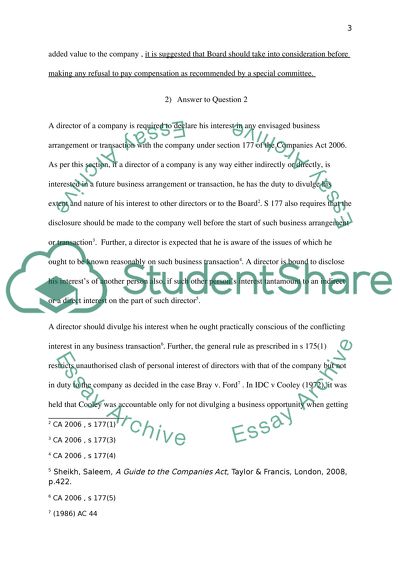Cite this document
(“Company Law Essay Example | Topics and Well Written Essays - 1250 words”, n.d.)
Retrieved from https://studentshare.org/environmental-studies/1412454-company-law
Retrieved from https://studentshare.org/environmental-studies/1412454-company-law
(Company Law Essay Example | Topics and Well Written Essays - 1250 Words)
https://studentshare.org/environmental-studies/1412454-company-law.
https://studentshare.org/environmental-studies/1412454-company-law.
“Company Law Essay Example | Topics and Well Written Essays - 1250 Words”, n.d. https://studentshare.org/environmental-studies/1412454-company-law.


